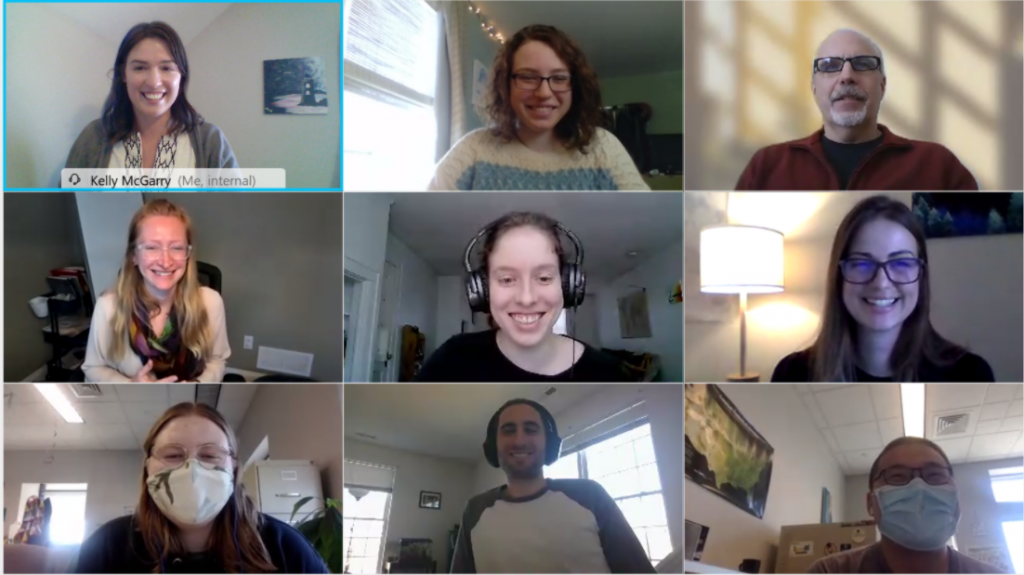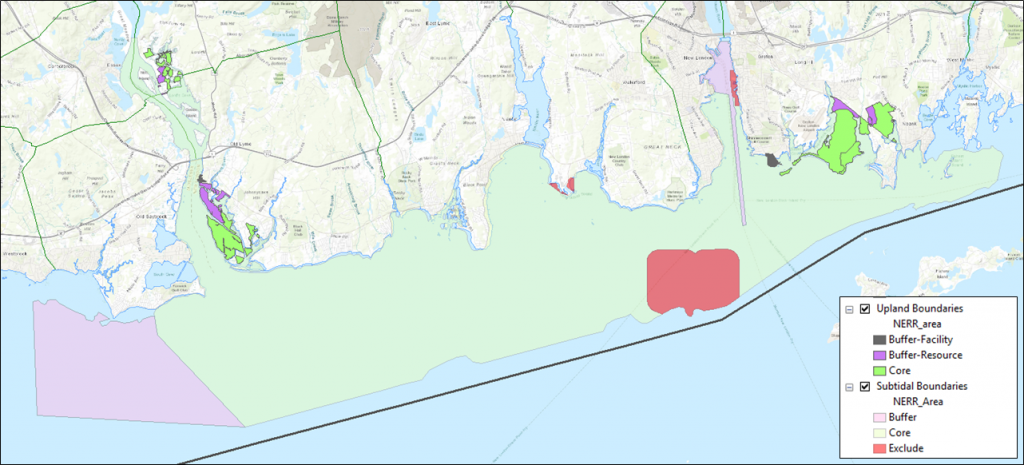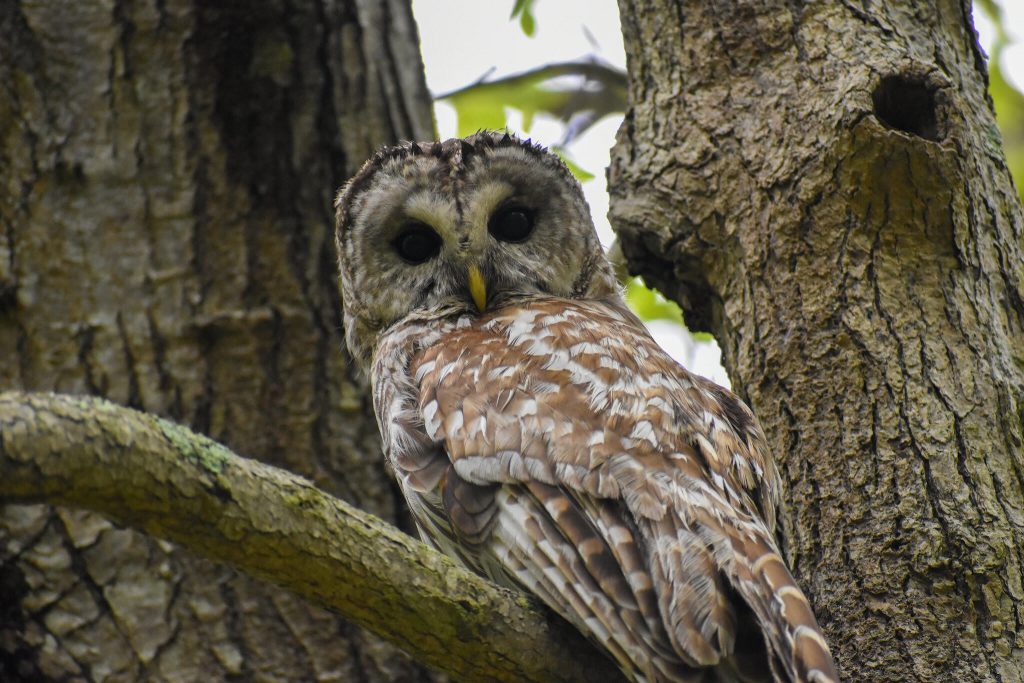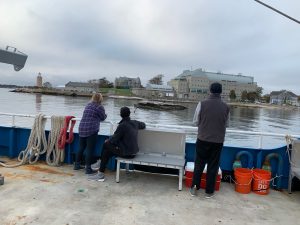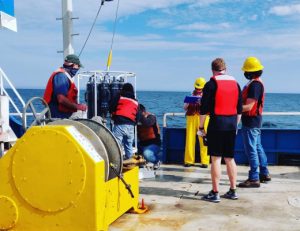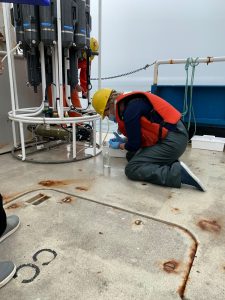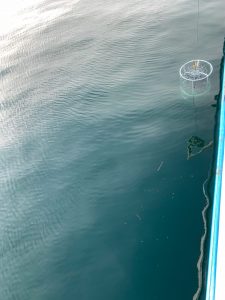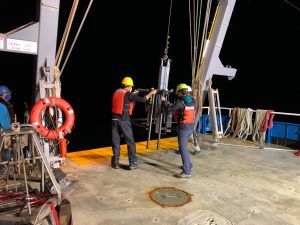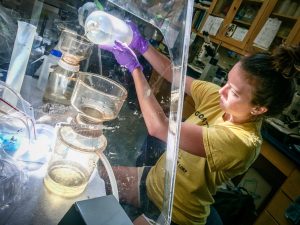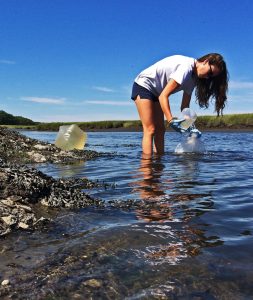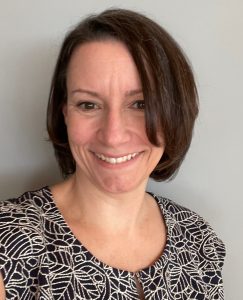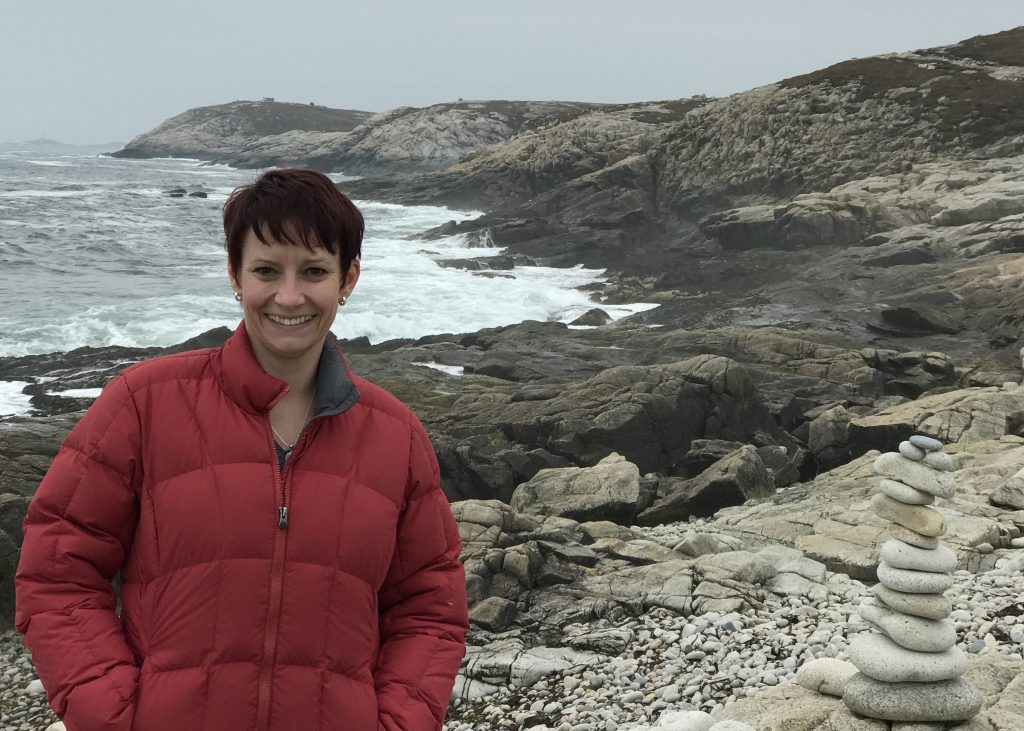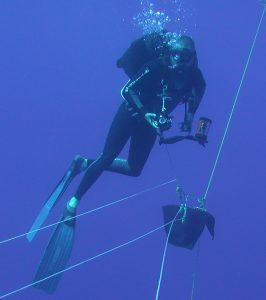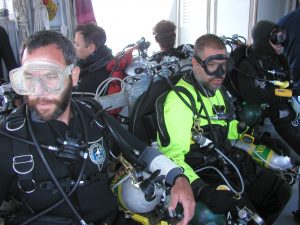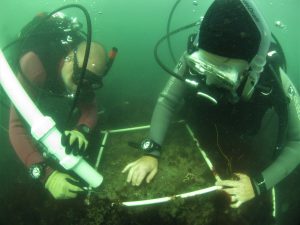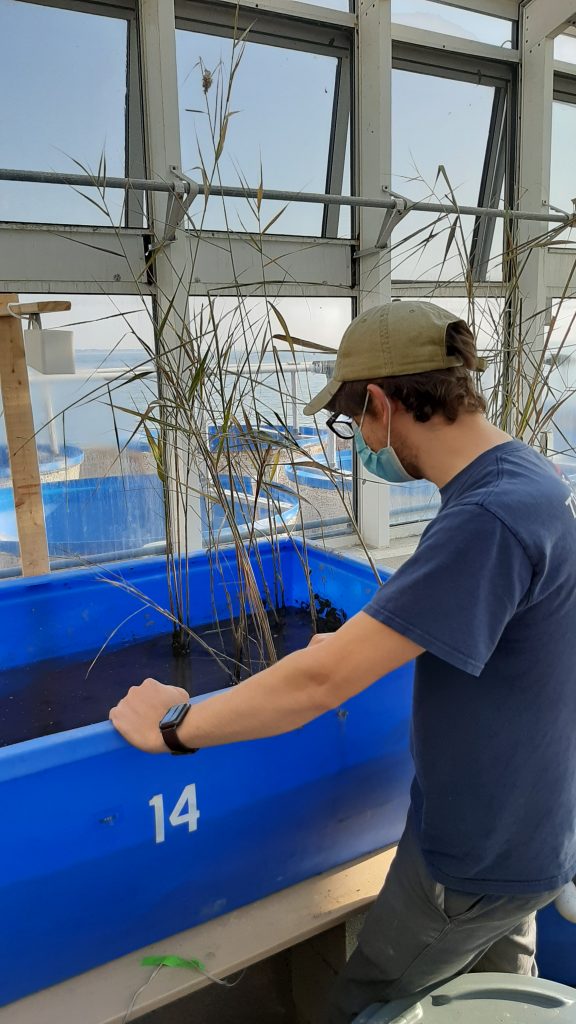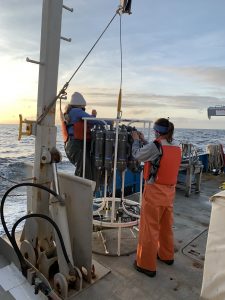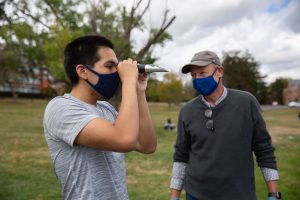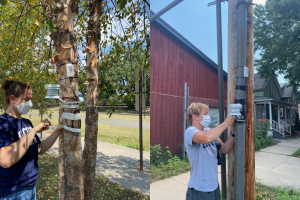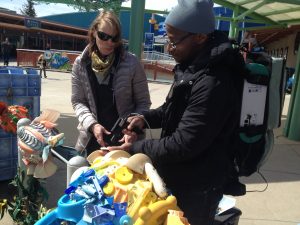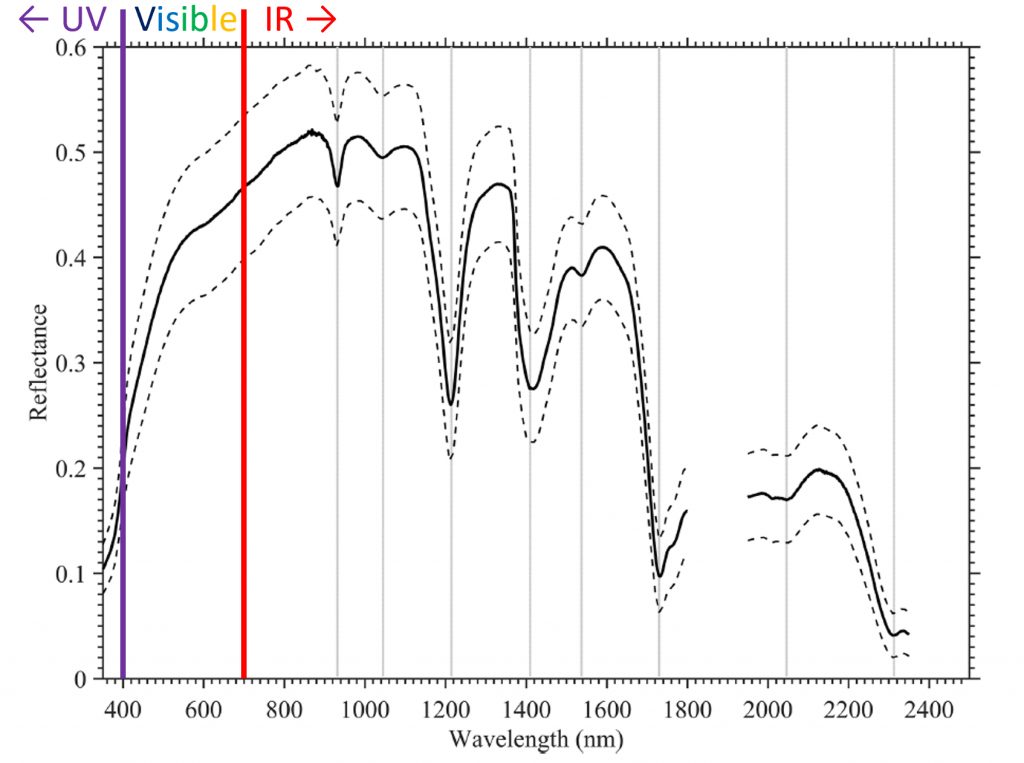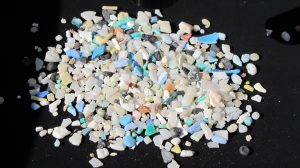 The Summer of 2020 was a difficult time. Covid was raging, and tensions were rising as a spotlight was placed on one case of racial injustice after another. It was difficult to believe that there was still such blatant racism in our country – difficult to believe only for those of us who weren’t facing it daily. It’s a privilege to only hear about injustice on the news.
The Summer of 2020 was a difficult time. Covid was raging, and tensions were rising as a spotlight was placed on one case of racial injustice after another. It was difficult to believe that there was still such blatant racism in our country – difficult to believe only for those of us who weren’t facing it daily. It’s a privilege to only hear about injustice on the news.
The events of that summer led to changes in our communities and our department. The graduate student officers started an anti-racism journal club to become more educated about racism in our field and how to address it. This club developed into the Marine Science Pod of the Unlearning Racism in Geoscience (URGE) program in January 2021. URGE was put together by NSF and WHOI as a curriculum for addressing and unlearning racism in geosciences, which notably has very low racial diversity in the field. This lack of diversity, which has not increased in 40 years, limits the quality of research potential in the community. The URGE program features multiple two-week long sessions which contain readings and interviews featuring expert opinions and personal experiences. Pod meetings involve discussing these materials and working on assignments (deliverables) as a group. These deliverables are then posted on the pod website publicly. Graduate student Kelly McGarry reflects on the importance and value of this program, “We’re trying to become experts in the ocean, but we’re not experts in racism. That’s not what we spend all day thinking about and studying and reading and writing about. But there are people who do that, it’s their full-time job to understand these different aspects of racism.”
Members of the DMS URGE Pod joined to better understand racism in geosciences, help develop anti-racist strategies, and make use of the resources offered. Graduate student Hannah Collins shares, “I decided to join because I wanted to continue the education and discussion process the graduate students began over the summer in the wake of George Floyd’s murder. I thought that, since one of the objectives of the pod was to develop deliverable action statements and items, we would translate our own educational discussions into tangible goals that we could propose to the department, which I felt was really necessary to combat systemic racism within academia.”
So far there have been 8 sessions which have all covered different aspects of racism, including the history, justice, accessibility, inclusivity, and others. Graduate students in the pod share their experiences on the readings, discussions, and deliverables:
“I feel like a lot of people don’t realize how hard it is to break into geosciences as a whole, but what has been enlightening for me has been thinking about and discussing all of the barriers both big and small that work together to prevent people from underrepresented minorities from advancing in the field. For example, the nature of geosciences means that often field work is a necessary experience to develop skills to be a good scientist and researcher, however fieldwork can be expensive and it’s often easier for oppressive actions and behaviors to occur without repercussions when you’re out in the field.” – Hannah Collins
“One thing that has stood out to me as we discussed specific topics is how similar the experiences are across different topics. Whether we discuss issues of accessibility or inclusivity, much of the literature describes the same trans-disciplinary problems that result in institutional barriers for people of color in STEM.” – James DeMayo
“It is through the session deliverables that I have been able to learn about the many resources out there that UConn offers to tackle or handle matters of racism.” – Michael Mathuri
Addressing racism in our field does not stop with the end of the URGE program. After the program ends, pod members aim to continue to hold the anti-racism journal club from last summer, and plan on actively working with the department as a whole to become more inclusive. Jimmy DeMayo shares, “The group has plans to help draft new, prominently displayed, codes of conduct for the department that communicate the department positions on matters of diversity, equity, and inclusion. We are also exploring new ways of advertising available studentships and job positions that help reduce the barrier to entry for students of color interested in marine science.” The department and university support this goal and has signed an agreement signifying support – which can be found here.
